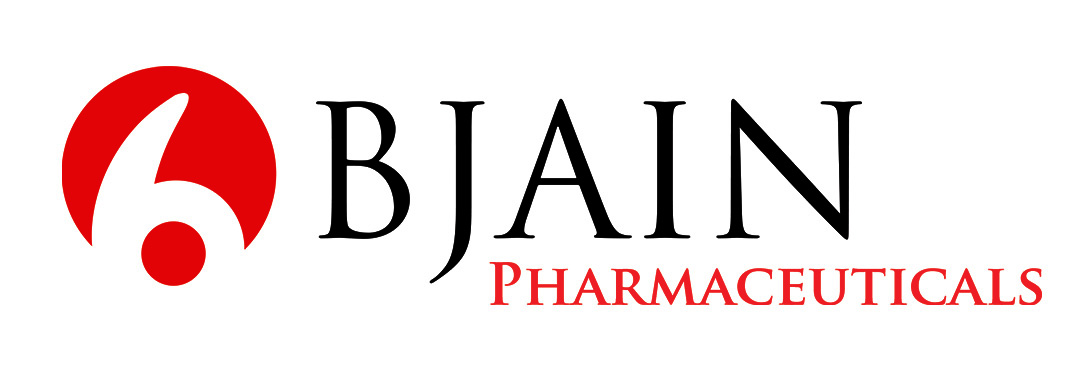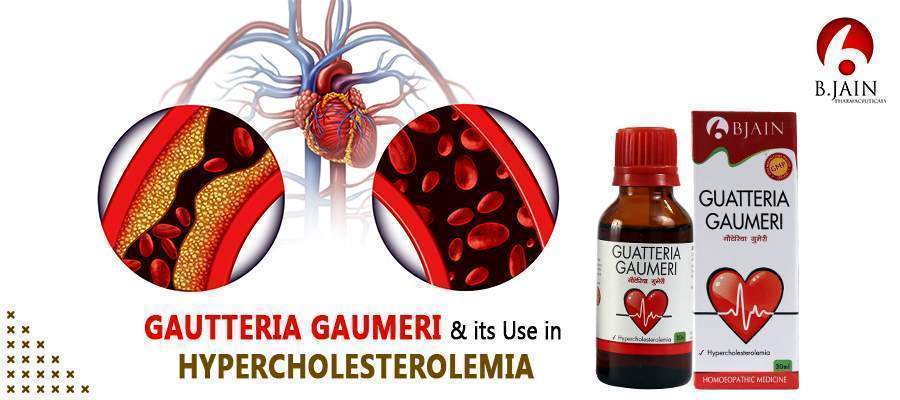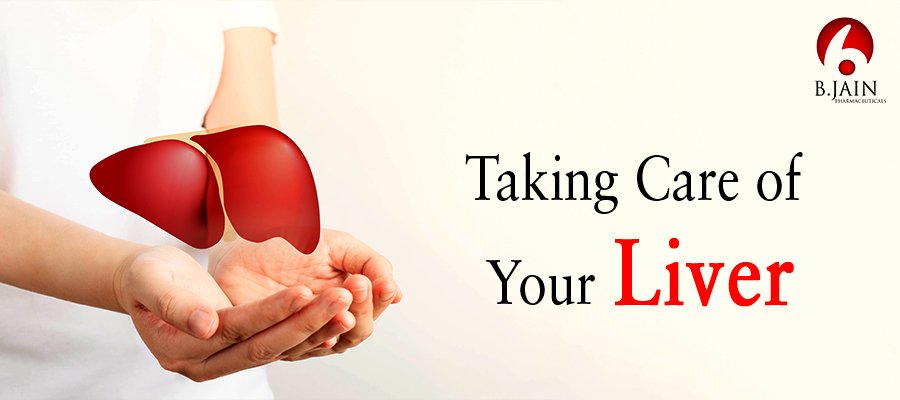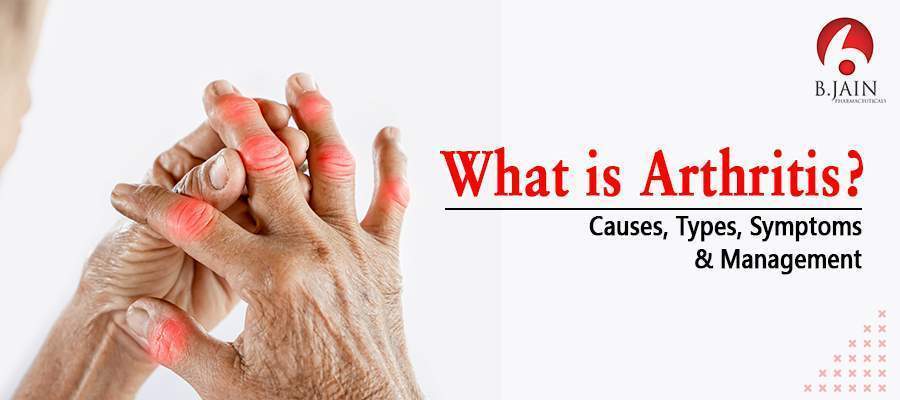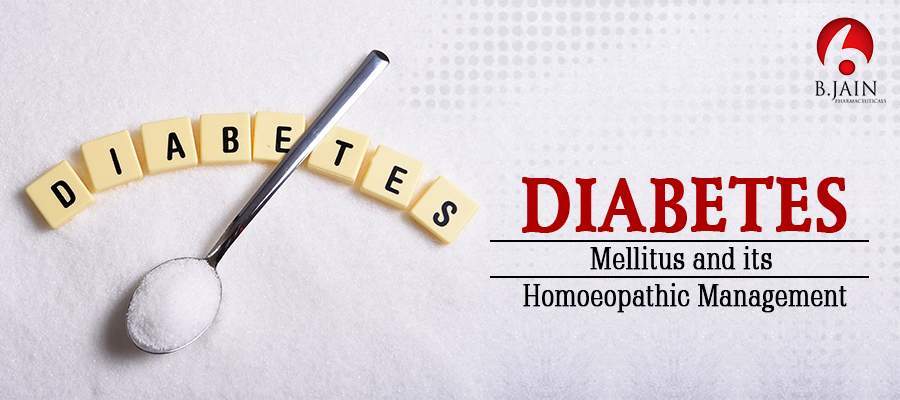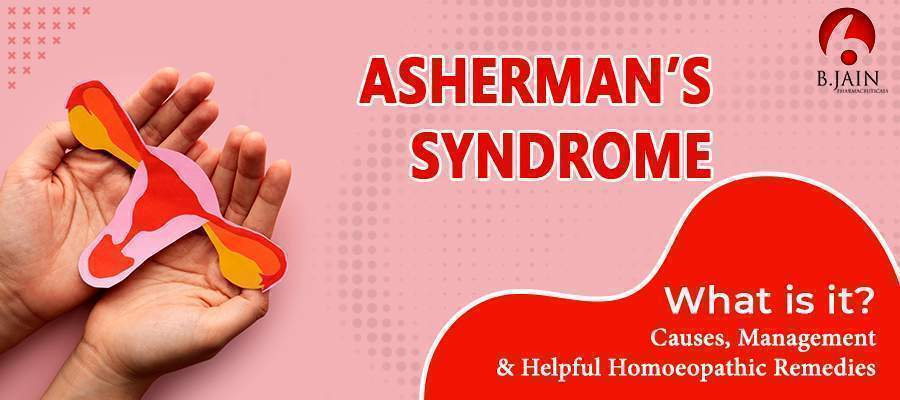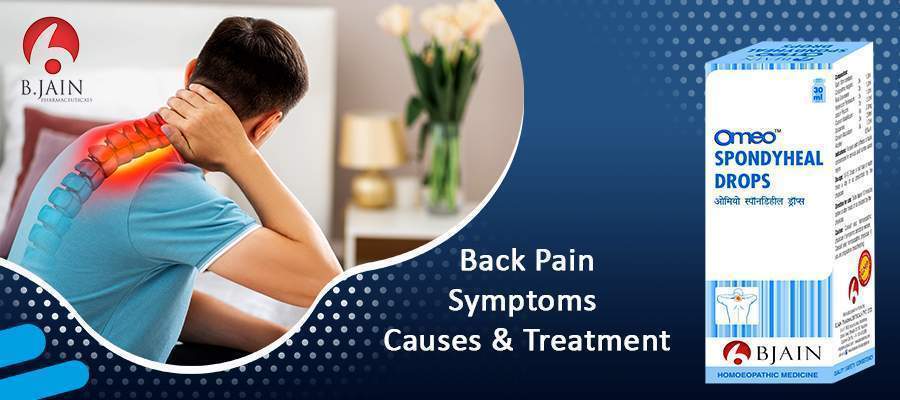Hypercholesterolemia is a condition where there is high level of cholesterol in the blood. Cholesterol is a form of lipids or fat and has many functions in the body such as production of Vitamin D, production of hormones, protection of nerves and maintenance of integrity of the cell membranes. Cholesterol is made by the body as well as found in extrinsic sources such as animal fats and foods derived from the animal kingdom.
There are primarily 4 types of Fats in the body:
- LDL: LDL or Low Density Lipoproteins is also known as Bad Cholesterol, this is because it flows freely in the blood and has a tendency to form plaque by depositing in the arteries and increasing the chances of atherosclerosis or strokes.
- HDL: HDL or High Density Lipoproteins have the function of carrying the LDL to the Liver where it is metabolized and excreted out of the body. This is why it is also known as Good Cholesterol. Increased levels of HDL lower the risk of heart diseases.
- VLDL: Very Low Density Lipoproteins are produced in the Liver and have the purpose of carrying Fat or Triglycerides to the rest of the body. Although it cannot be measured directly, it is mentioned as an estimate of the percentage of Triglycerides in the Lipid Profile. An increased percentage of VLDL also leads to an increased risk of heart diseases.
- Triglycerides: Triglycerides are the extra reserves of energy in the body produced by the liver and stored in the reserves of the body in the fat cells or adipose tissues and is used between meals as a source of energy or at times of stress to the body such as fasting or starvation. An increased level of triglycerides above normal also makes the risk of heart diseases rise. This happens if the body stores more energy than is consumed such as from lack of exercise.
Hypercholesterolemia results from the lowering of HDL levels or the increase of LDL or VLDL levels. Hypertriglyceridemia is another condition that can accompany hypercholesterolemia and causes an increase in the risk to arteriosclerosis and strokes.
LDL levels increase in the blood from an increase in diet rich in Trans fats or saturates fats. These are found in foods such as baked products, cookies, butter, meat, cheese and milk.
Tests for Hypercholesterolemia include a blood test known as Lipid Profile which is done after at least 8-12 hours fasting and indicates the levels of LDL, VLDL, HDL and Triglycerides along with Total cholesterol levels and Triglyceride to HDL ration.
An ECG and Echocardiogram are other noninvasive tests and can also be recommended by your Physician in cases of deranged Lipid Profile levels. An Angiography can be advised in case of symptomatic patients of angina or heart disease.
Causes of Hypercholesterolemia include:
- Familial: Exists in multiple members of the same family, hereditary factors.
- Diet: A diet rich in Trans fats and Saturated fats increases the levels of Cholesterol.
- Lack of Exercise: Leads to imbalance in the metabolism of Cholesterol
- Smoking: It decreases the Good Cholesterol in the body
- Obesity: BMI higher than 30 increases the chances of Hypercholesterolemia
- Chronic Diseases: Such as Kidney troubles, Diabetes, AIDS, Hypothyroidism and Lupus can lead to increased Cholesterol levels in the body.
- Medications: Such as for acne, HIV, Hypertension and after Organ Transplants can lead to increased Cholesterol levels.
Symptoms of Hypercholesterolemia include:
Although it can present as an asymptomatic condition, some may be seen in patients such as:
- Chest Pain
- Xanthomas or Cholesterol deposits
- Diarrhea
- Fatigue
- Xanthoma at Achilles Tendon
- Corneal arcus or arcus senilis
- Hypertension
- Lipomas or visible fat deposits in the skin
As per a Study conducted by International Journal of Advances in Medicine in 2017, on a population with 45% males and 55% females with mean ages 49+/-6 years found that Gautteria Gaumeri was efficacious in the control of Hypercholesterolemia with no safety issues reported.
You can shop for BJain Gautteria Gaumeri at Online Homoeopathic Store for quick access to this wonderful remedy.
Read More our blog about – Diabetes Mellitus and its Homoeopathic Management

Dr. Priyanka Motwani
Dr. Priyanka Motwani has completed her BHMS from the prestigious Nehru Homeopathic Medical College and Hospital, Delhi and holds a Post Graduate Program in Lean Six Sigma from Isenberg School of Management, The University of Massachusetts, Amherst. She is currently the R&D Head at BJain Pharmaceuticals and has a zeal to learn more and more each day.
